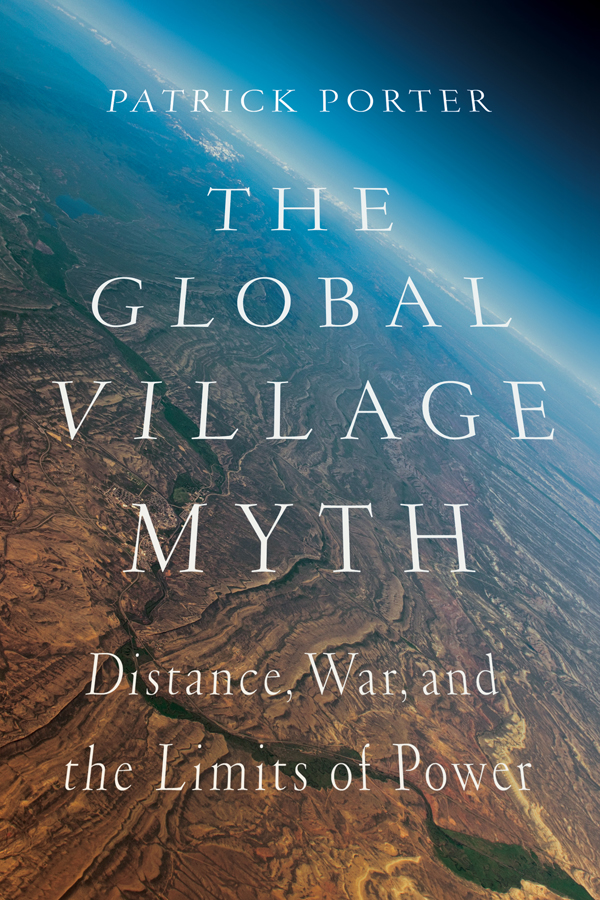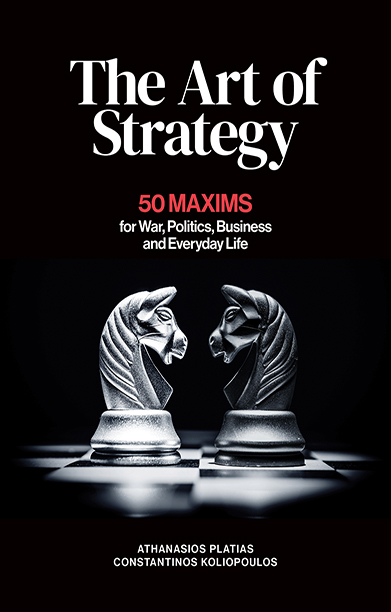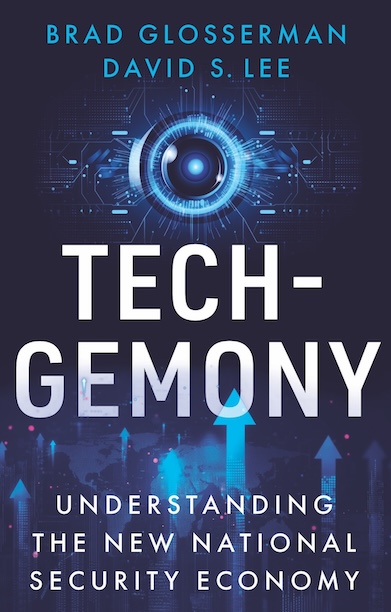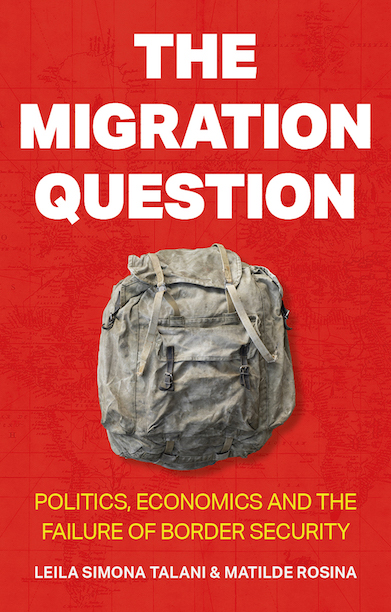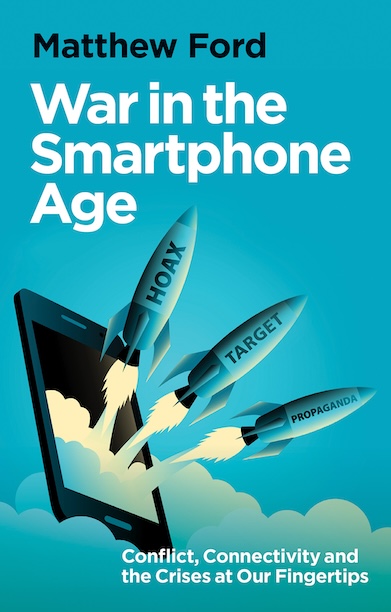The Global Village Myth
Distance, War, and the Limits of Power
‘In an era when Russia warns us that it is a “minority stakeholder in globalisation” and China warns that global civil society is a “moral threat to the values of Chinese society”, Patrick Porter has produced a disturbing and timely wake-up call. A masterful refutation of the moral fantasies about global politics that have gone unchallenged for far too long.’ — Christopher Coker, Professor of International Relations, London School of Economics
Description
Does technology kill distance? Does the ‘globalisation’ of the world make the US and its allies vulnerable to violence, terrorism or cyber-assault? ‘Globalism’ — the belief that changes in information, transport and communications are dangerously shrinking the world — is a reigning assumption amongst security elites. It makes the United States and its allies feel perpetually insecure, haunted by rumours of chain reactions and the domino effect. At the same time, the vision of instant and borderless warfare can be seductive, making Westerners believe they must strike first, with new powers to tame a chaotic world. Under the shadow of Globalism, disastrous wars are fought, civil liberties are threatened and hysteria replaces sober debate about foreign policy.
In The Global Village Myth, Patrick Porter demonstrates through studies of Al-Qaeda’s global terror network, military tensions in the Taiwan Strait, drones and cyberwar, that Globalism is wildly overstated. Technology may accelerate movement and compress physical space. But it does not necessarily shrink strategic space, the ability to project power affordably across the earth. If distance is created by humans exploiting technology and terrain, the world in important ways is getting larger, not smaller. This makes us less powerful, but more secure, than we think. Porter offers an alternative outlook to lead policymakers toward more sensible responses and a wiser, more sustainable, grand strategy.
Reviews
‘This challenging book takes aim at “globalist” thinking … to show that territoriality, geography and state power still matter. [It] reminds readers that even in the age of drones and cyberwarfare, it is still difficult for most countries or nonstate groups to project power across great distances.’ — Foreign Affairs
‘This fascinating and well-researched book demolishes the widespread belief that modern technology both exposes the United States to unprecedented dangers and enables it to control distant lands at little or no cost. With clear-eyed logic, Patrick Porter explains why distance, borders, and other key elements of geopolitics remain highly relevant in the era of drones, cyber-technology, and decentralised terror networks. His arguments are nuanced and clear, his criticisms of the conventional wisdom are compelling, and the implications for national security policy are profound.’ — Stephen Walt, Robert and Renee Belfer Professor of International Affairs, Harvard University’s Kennedy School of Government
‘Patrick Porter has written a brilliant book about projecting military power in the modern world. In particular, he shatters the widely held belief that globalisation has shrunk the planet, making it easy for bad guys everywhere to strike at the United States and its allies. One hopes that at least some of the many threat inflaters who populate the West will take the time to read The Global Village Myth. They would learn a lot.’ — John Mearsheimer, the R. Wendell Harrison Distinguished Service Professor of Political Science, University of Chicago
‘In an era when Russia warns us that it is a “minority stakeholder in globalisation” and China warns that global civil society is a “moral threat to the values of Chinese society”, Patrick Porter has produced a disturbing and timely wake-up call. A masterful refutation of the moral fantasies about global politics that have gone unchallenged for far too long.’ — Christopher Coker, Professor of International Relations, London School of Economics
‘In an era when foreign policy is too often driven by cliches, Patrick Porter reminds us in The Global Village Myth of the enduring limits to military power and geopolitical influence. This timely analysis by one of the world’s leading strategic thinkers deserves to be read by policymakers, scholars and citizens alike.’ — Michael Lind, author of The American Way of Strategy
‘With good empirical data and conceptual sophistication, Patrick Porter convincingly debunks the related claims that the world is now a more threatening place because of technology’s ability to overcome physical distance, but that paradoxically, the same technology allows wars to be fought in an increasingly stand-off manner. In line with classical realist thinking, he contends that great powers become their own worst enemies when they exaggerate threats, minimise their costs of dealing with them, but at the same time demand that success requires suspension of the rules governing domestic and foreign relations. For this reason, globalism is possibly more threatening than anti-communism and deterrence were during the Cold War.’ — Richard Lebow, Professor of International Political Theory, King’s College London
‘The Global Village Myth is a short, tightly-argued body blow to contemporary American security policy. In it Patrick Porter takes on an important but often overlooked aspect of strategy—physical distance—and critiques the popular notion that technology has diminished its importance or even rendered it irrelevant. This is a seemingly simple idea with big implications.’ — Parameters (The US Army War College Quarterly)
Author(s)
Patrick Porter is Professor of Strategic Studies, University of Exeter (UK) and the author of Military Orientalism: Eastern War through Western Eyes.
